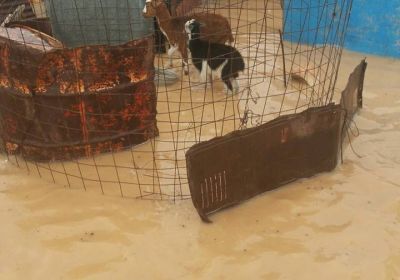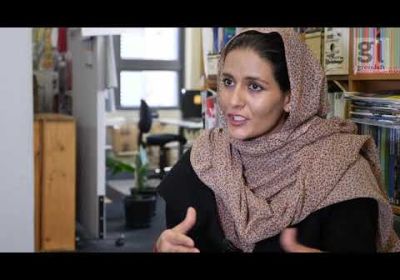
Tecber Ahmed Saleh is a prominent Western Sahara human rights advocate who was born in a refugee camp in Algeria where her family has lived for more than 40 years. She is currently touring Australia, hosted by the Australia Western Sahara Association (AWSA). Tecber was interviewed by Green Left's Tony Iltis. Video by Zebedee Parkes.


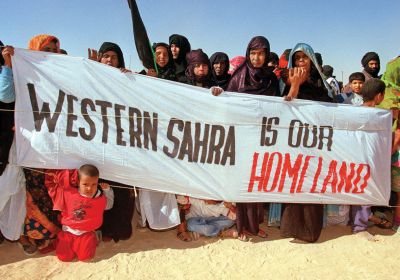
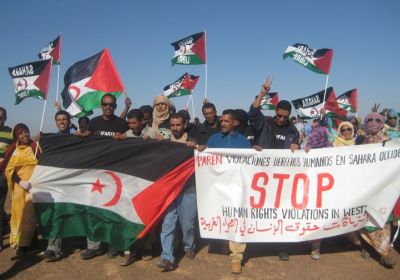
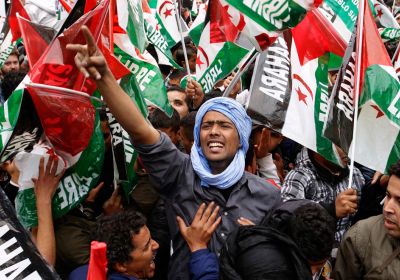
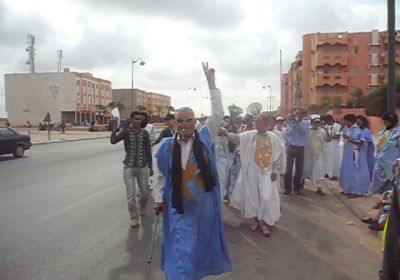
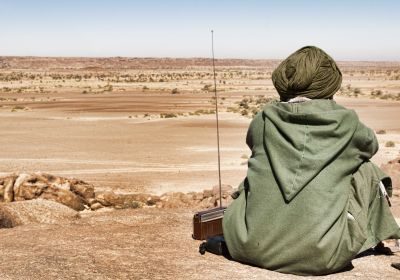
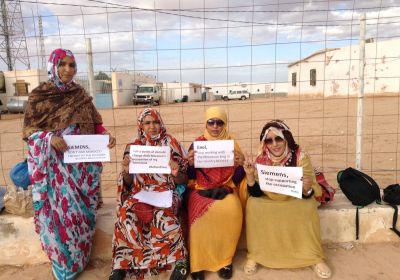
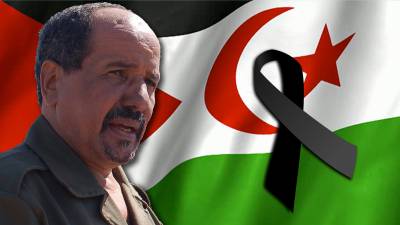 Mohamed Abdelaziz. Photo: An Phoblacht.
Mohamed Abdelaziz, President of the Saharawi Arab Democratic Republic (SADR), died on May 31, following a long illness.
Mohamed Abdelaziz. Photo: An Phoblacht.
Mohamed Abdelaziz, President of the Saharawi Arab Democratic Republic (SADR), died on May 31, following a long illness.
